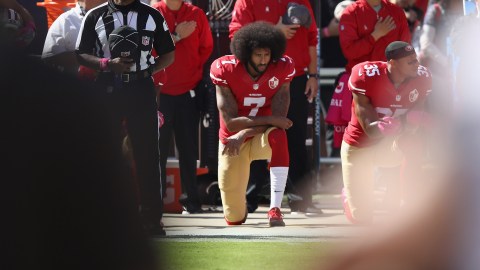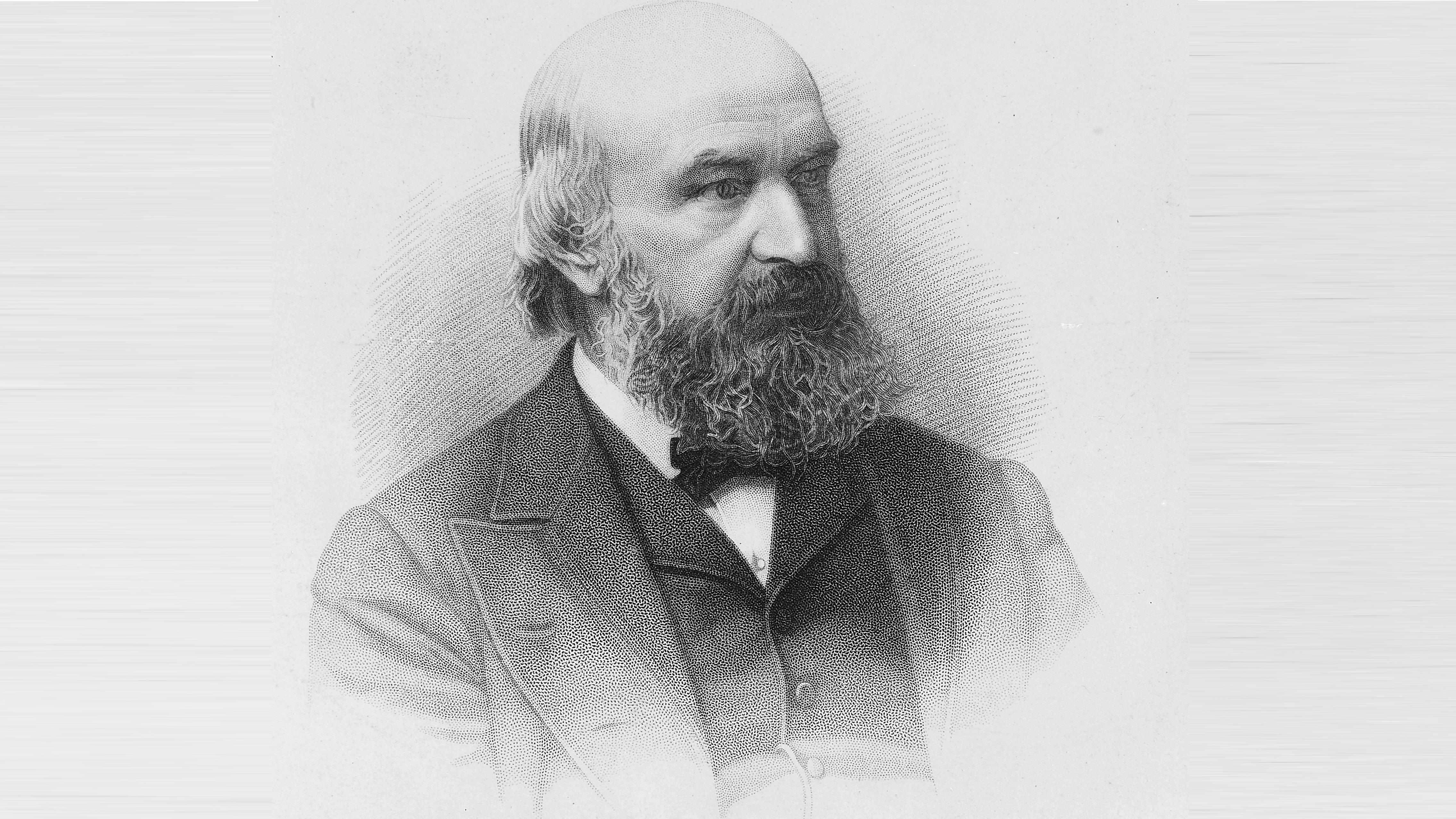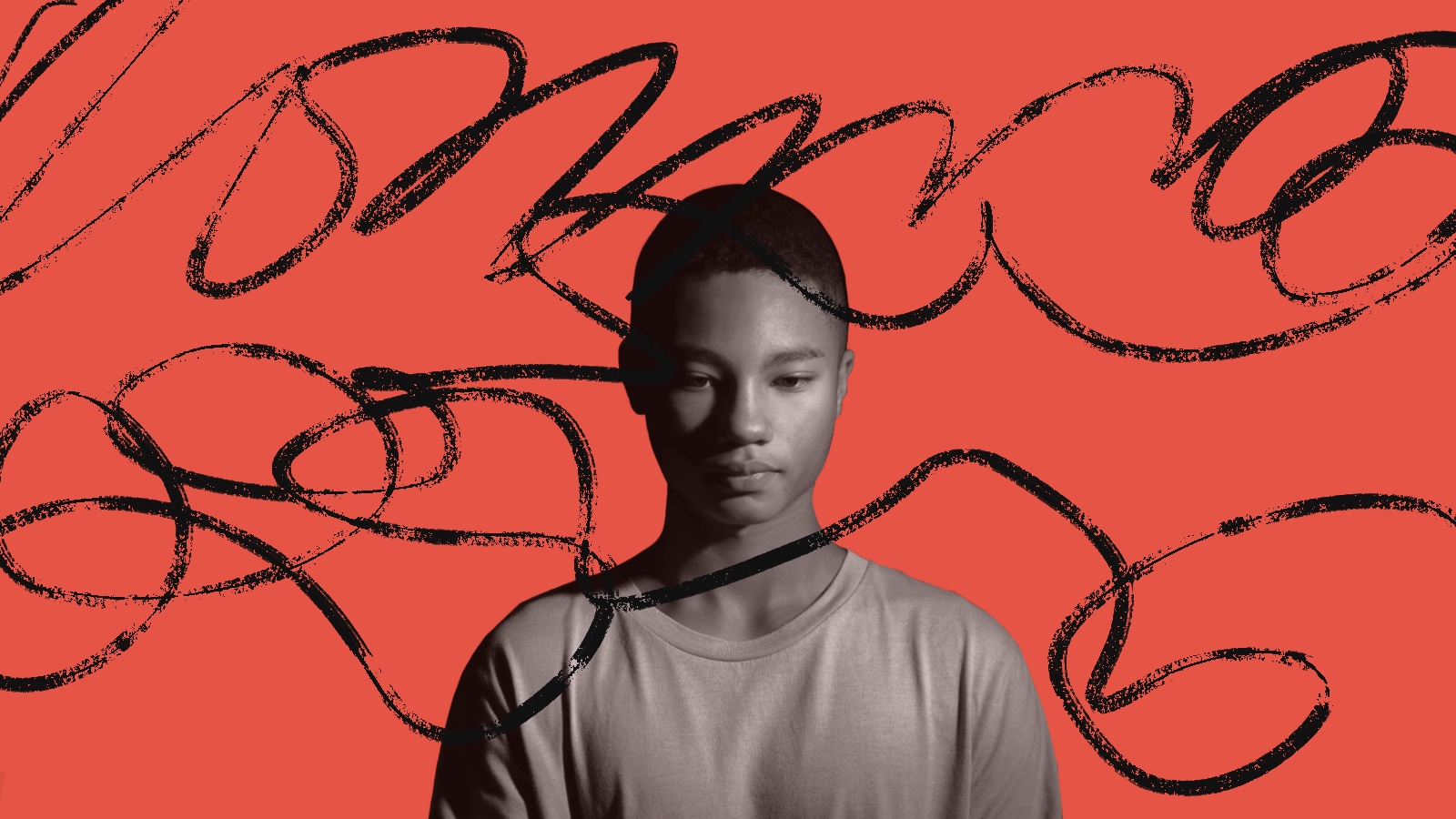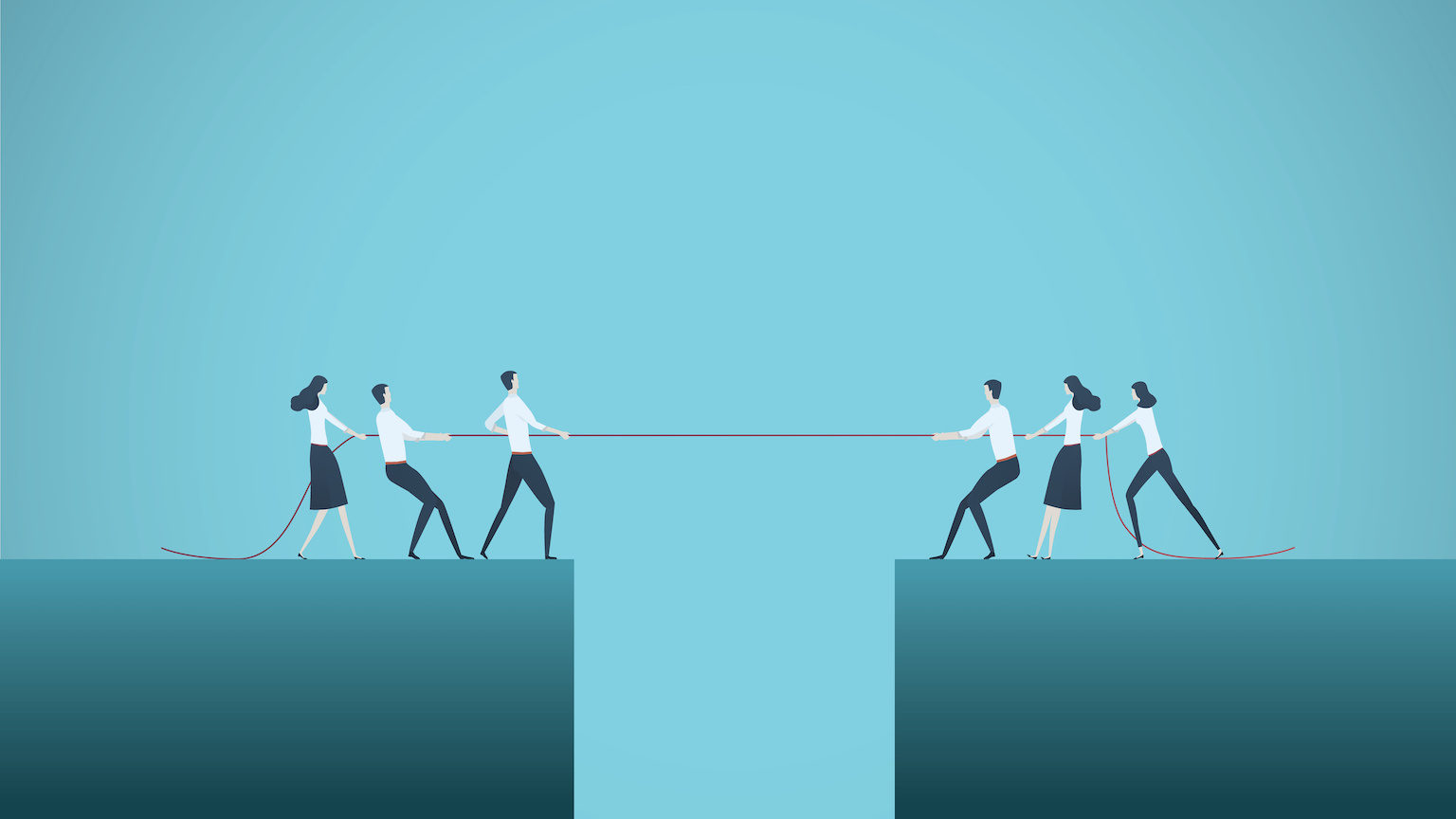The bigger the sports fan, the more politically conservative they tend to be

Ever been to a football game and seen the crowd work themselves up into a fervor? Well, there’s some scientific substance to that. A study by the American Association for Public Opinion Research, published in the Public Opinion Quarterly, shows that the more passionate the sports fan, the more right-wing they are likely to lean.
The study—available here—was originally done to simply show which political direction fans of particular sports leaned, but the findings showed that the more intense the fan’s love was, the more they leaned to the right. The study doesn’t try to attach cause to correlation but does highlight that sports players often lend credence to the idea that one can rise up based on one’s talents.
One particular line stands out: “both professional athletes and sports announcers often deliver a straightforward narrative in which victory is solely a function of effort.” This does attest to the fact that Republicans tend to believe that we live in a fair society, and that everyone is equal, despite evidence to the contrary (not trying to lean either way politically, just reporting the facts!).
The findings were true among almost all the sports. Football fans erred more conservative, while basketball fans tended to be the most liberal.
As someone that spends their days reading these kinds of studies (disclosure: I’m an editor of the site), the findings are a little dubious in that it’s largely non-scientific, and asks the participants to judge themselves based on a subjective scale. A large portion of the study was done using an online test, and it’s been proven that those are rarely answered honestly (Nobody on the internet knows you’re a dog, etc). And as we’ve said repeatedly on Big Think before, correlation does not equal causation.





